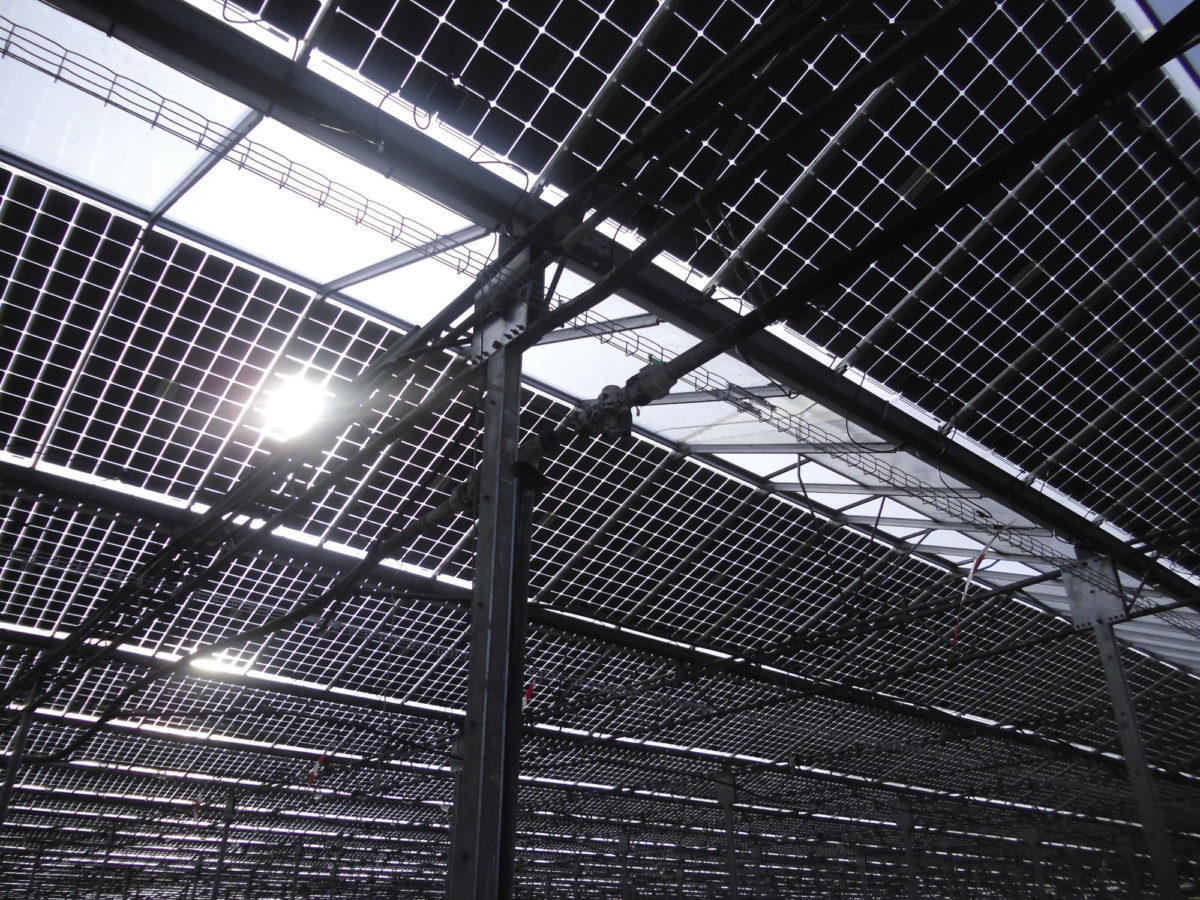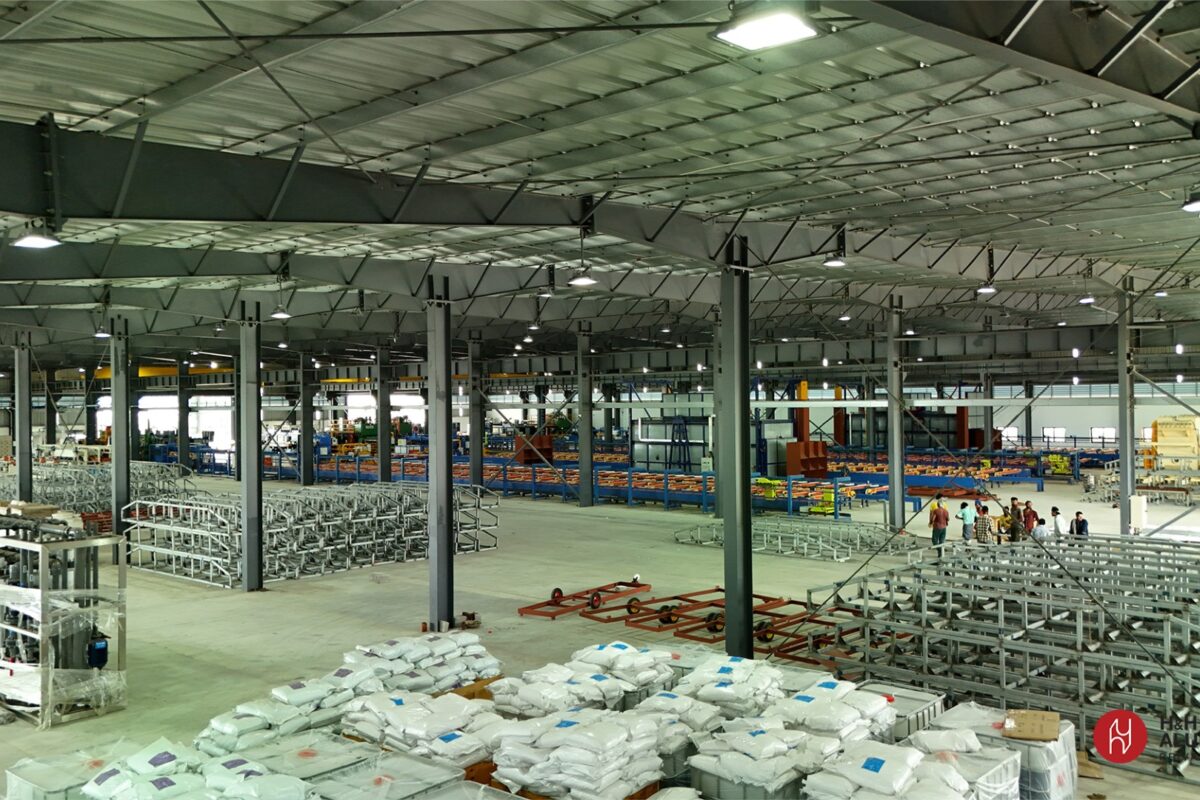The global PV market will grow again this year after the slight decline registered in 2018, Wood Mackenzie analysts have predicted.
The British consultancy expects a record 114.5 GW of new PV capacity will be added this year, with demand for next year and 2021 reaching 120-125 GW.
The analysts assume cumulative DC power capacity will increase from around 500 GW last year to 1,243 GW by 2024, with more than half of the world’s installed solar capacity in China, India and the United States, markets which would also become the most attractive for operation and maintenance (O&M) service providers.
According to Wood Mackenzie, the global bill for O&M services for solar will this year top out at around $4.5 billion. By 2024, the sum could double. The projected increase is due to rising demand and the volume of already installed PV systems, the analyst said. WoodMac’s latest findings indicate unplanned repairs cost around $3,000 per megawatt of generation capacity annually.
Inverter replacement
Wood Mackenzie estimates that by the end of the year, inverters in 21 GW of installed solar project capacity will be approaching the end of their ten-year lifetime. That would mean inverters operating in 3.4% of the world’s solar capacity would need replacement. More than 14% will need replacement in the next five years, stated the WoodMac report – 176 GW by 2024.
The study says inverters account for 12-13% of the average operating cost of a 50 MW solar plant. Wood Mackenzie estimates the cost of replacing equipment will rise to nearly $1.2 billion by 2024. Total O&M costs are estimated at approximately $9.4 billion. “Other areas that have a significant impact on costs are regular preventative maintenance and corrective repairs, representing 35% and 24% [reductions in expense] respectively,” the report stated.
Global price pressures on PV have led to increased automation of O&M and the advancement of digital platforms to reduce costs per megawatt of capacity, according to WoodMac. However, several systems do not speak the same language so data cannot be analyzed easily. Different communication protocols must be processed and evaluated, stated the report, particularly when dealing with older PV projects.
Data discrepancy
“Although a significant portion of solar PV projects have a monitoring system implemented, few are synced in real-time with diagnostics tools in place,” said Wood Mackenzie analyst Leila Garcia da Fonseca. “Even fewer conduct basic periodical performance assessments.” In her opinion, digital O&M platforms are not yet a reality.
“But this is the future,” she added, “it does not necessarily make sense to implement these digital solutions in all systems. It doesn’t make sense for owners of projects close to end-of-life to deploy an expensive and intelligent platform. It wouldn’t make sense technically nor commercially, as the data acquisition system might not support all digital system requirements. The economics just don’t add up.”
It is important, however, to ensure data discrepancies do not continue to widen from now on, added the analyst.
This content is protected by copyright and may not be reused. If you want to cooperate with us and would like to reuse some of our content, please contact: editors@pv-magazine.com.









1 comment
By submitting this form you agree to pv magazine using your data for the purposes of publishing your comment.
Your personal data will only be disclosed or otherwise transmitted to third parties for the purposes of spam filtering or if this is necessary for technical maintenance of the website. Any other transfer to third parties will not take place unless this is justified on the basis of applicable data protection regulations or if pv magazine is legally obliged to do so.
You may revoke this consent at any time with effect for the future, in which case your personal data will be deleted immediately. Otherwise, your data will be deleted if pv magazine has processed your request or the purpose of data storage is fulfilled.
Further information on data privacy can be found in our Data Protection Policy.